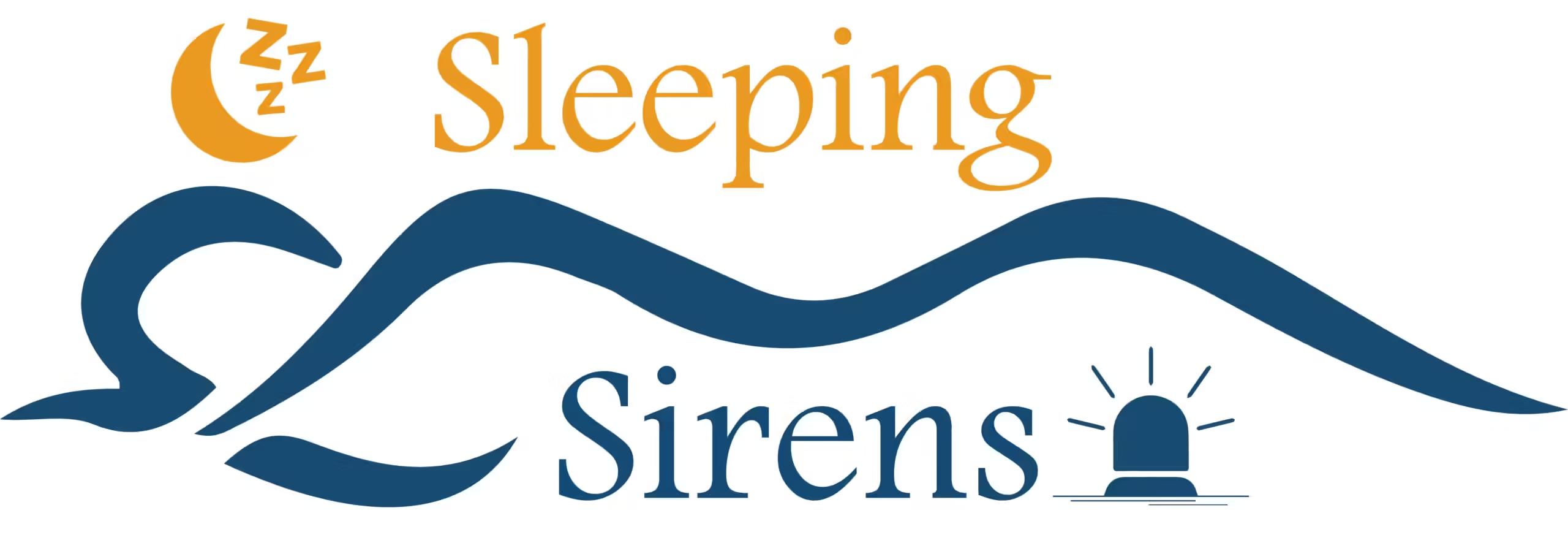Introduction
Emotional Intelligence (EI) refers to the ability to recognize, understand, and manage emotions in oneself and others. Coined by Daniel Goleman, the term has gained prominence in leadership studies due to its profound impact on interpersonal relationships and organizational success.
In today’s complex work environments, technical skills alone are not enough. Leaders need emotional intelligence to navigate challenges effectively, motivate their teams, and foster collaboration. EI helps leaders make thoughtful decisions, resolve conflicts efficiently, build cohesive teams, and drive employee engagement. By creating an emotionally supportive environment, leaders can boost productivity and ensure long-term success.
What is Emotional Intelligence?
The concept of emotional intelligence was popularized by psychologist Daniel Goleman in the 1990s. His research identified EI as a critical factor that differentiates outstanding leaders from average ones.
Goleman’s model identifies five key components of emotional intelligence:
- Self-awareness: The ability to recognize and understand one’s emotions and how they affect others.
- Self-regulation: The capacity to manage emotions and remain composed in challenging situations.
- Motivation: A strong internal drive to achieve goals, regardless of external rewards.
- Empathy: The ability to understand and consider the emotions of others.
- Social skills: Proficiency in building and managing relationships, communicating effectively, and resolving conflicts.
These components equip leaders with the emotional tools necessary to create meaningful connections and foster a positive workplace culture.
Why Emotional Intelligence is Crucial for Leaders
Leadership is no longer just about authority or expertise; it’s about connecting with people emotionally and guiding them towards shared goals. Leaders with high EI are more likely to inspire their teams, handle conflicts gracefully, and make balanced decisions.
Emotional intelligence enhances transformational leadership, where leaders inspire and motivate employees by understanding their needs and emotions. It also fosters a positive work environment, where employees feel valued, reducing turnover and enhancing productivity.
Emotionally intelligent leaders promote trust and transparency, resulting in higher levels of engagement and cooperation within teams. This is why organizations are now prioritizing EI in leadership development programs and executive recruitment.
Self-Awareness: The Foundation of Emotional Intelligence
Self-awareness is the ability to recognize your emotions and understand how they influence your behavior and decisions. Leaders with self-awareness know their strengths and weaknesses, which helps them make better decisions and avoid emotional pitfalls.
How Leaders Can Develop Self-Awareness:
- Journaling: Regularly reflecting on emotions and actions helps leaders gain clarity about their behavior patterns.
- Seeking Feedback: Honest feedback from peers and subordinates provides valuable insights into a leader’s emotional impact on others.
- Mindfulness Practices: Engaging in mindfulness helps leaders become more aware of their thoughts and feelings in the present moment.
Example: Satya Nadella, CEO of Microsoft, is renowned for his self-awareness. Upon taking charge, he recognized the need to shift Microsoft’s culture from a competitive to a collaborative one. His ability to reflect on his leadership style and evolve it has been instrumental in Microsoft’s transformation.
Self-Regulation: Managing Emotions Under Pressure
Self-regulation is the ability to manage emotions effectively, especially in stressful situations. Leaders who master self-regulation remain calm, make rational decisions, and inspire confidence in their teams.
Techniques to Develop Emotional Control:
- Mindfulness and Breathing Exercises: Help leaders stay grounded during high-pressure situations.
- Journaling: Writing down thoughts can prevent emotional outbursts and promote thoughtful reflection.
- Pause and Reflect: Taking a moment before reacting ensures a measured response.
Case Study: During the 2008 financial crisis, Howard Schultz, CEO of Starbucks, demonstrated excellent self-regulation. Despite immense pressure to cut costs, Schultz resisted making knee-jerk decisions. Instead, he took a calm, measured approach by focusing on long-term goals, which helped Starbucks emerge stronger from the crisis.
Motivation: Driving Self and Others
Motivated leaders exhibit a strong internal drive to achieve their goals, which in turn inspires their teams. EI plays a key role in helping leaders stay focused on their objectives while fostering a positive attitude.
Leaders with intrinsic motivation are resilient, even when faced with setbacks. They model perseverance and encourage their employees to innovate and improve continuously.
Example: Elon Musk’s ability to motivate himself and his teams is evident in his ventures like Tesla and SpaceX. Despite numerous challenges, his passion and determination have driven innovation and success in highly competitive industries.
Empathy: Understanding and Supporting Others
Empathy allows leaders to connect with others on a deeper emotional level. It involves recognizing and respecting the emotions of team members, which builds trust and loyalty.
How Leaders Can Show Empathy:
- Active Listening: Paying full attention to what others are saying without interrupting.
- Checking In with Employees: Regularly asking team members how they feel and addressing their concerns.
- Adapting Leadership Style: Adjusting leadership methods based on the emotional needs of individuals.
Real-Life Example: Jacinda Ardern, the Prime Minister of New Zealand, is often cited as an empathetic leader. Her compassionate leadership style was evident during the Christchurch mosque attacks, where she provided emotional support to the victims and brought the nation together with empathy and unity.
Social Skills: Building Strong Relationships
Effective communication is at the heart of social skills, enabling leaders to build relationships and manage conflicts gracefully. Emotionally intelligent leaders are adept at influencing others, resolving disputes, and fostering teamwork.
Leaders with strong social skills are also great negotiators. They build consensus among diverse stakeholders, ensuring smooth collaboration and shared goals.
Example: Barack Obama is known for his excellent social skills, particularly his ability to communicate effectively and resolve conflicts diplomatically. His leadership exemplifies the power of relationship-building in creating unity and inspiring action.
The Impact of EI on Decision-Making and Problem Solving
Emotionally intelligent leaders balance emotions with logic when making decisions. They consider the emotional impact of their choices on others, leading to thoughtful and well-rounded decisions.
A leader with EI can manage personal biases and avoid emotionally driven decisions, resulting in better problem-solving.
Example: Indra Nooyi, former CEO of PepsiCo, demonstrated emotional intelligence by introducing healthier product lines. Her decisions balanced business profitability with social responsibility, aligning with consumer expectations and trends.
Conclusion
In an ever-evolving business landscape, emotional intelligence is becoming an essential trait for effective leadership. It equips leaders with the tools to inspire, empathize, and connect with their teams, fostering collaboration and long-term success.
Aspiring leaders should focus on developing self-awareness, self-regulation, motivation, empathy, and social skills to enhance their emotional intelligence. Organizations, too, can invest in leadership programs that nurture EI to create positive work cultures and ensure sustainable growth.
By integrating emotional intelligence into leadership practices, businesses can thrive in today’s competitive world, achieving both organizational success and employee well-being.
FAQs on Emotional Intelligence in Leaders
1. What is emotional intelligence (EI), and why is it important for leaders?
Emotional intelligence (EI) is the ability to recognize, understand, and manage one’s emotions and those of others. For leaders, EI is crucial because it helps them navigate challenges effectively, build strong relationships, inspire their teams, and create a positive work environment. Leaders with high EI make better decisions, handle stress gracefully, and improve employee morale.
2. How does emotional intelligence impact decision-making in leadership?
Emotionally intelligent leaders balance logic with empathy, ensuring their decisions consider both facts and the emotional impact on stakeholders. This leads to thoughtful, well-rounded choices that enhance team trust and alignment. Leaders with EI avoid impulsive decisions driven by emotions, improving problem-solving and long-term outcomes.
3. What are practical ways leaders can develop emotional intelligence?
Leaders can develop EI through continuous self-assessment and practice. Some effective methods include:
- Journaling to reflect on emotions and behaviors.
- Seeking feedback from colleagues to gain insights into their emotional impact.
- Mindfulness practices to stay present and manage stress effectively.
Additionally, organizations can provide EI training, executive coaching, and mentoring programs to enhance leadership skills.
4. Can emotional intelligence be more important than IQ for leadership success?
Yes, in many cases. While IQ represents cognitive intelligence, emotional intelligence determines how well a leader can manage relationships, motivate teams, and resolve conflicts. Studies show that leaders with high EI often perform better than those with high IQ alone, as leadership is largely about managing people, emotions, and complex interpersonal dynamics.
5. What are some examples of leaders known for their emotional intelligence?
Several influential leaders exemplify emotional intelligence in their leadership style:
- Satya Nadella (CEO, Microsoft): Known for his self-awareness and empathy in transforming Microsoft’s culture.
- Jacinda Ardern (Prime Minister of New Zealand): Renowned for leading with compassion, particularly during crises like the Christchurch attacks.
- Howard Schultz (Former CEO, Starbucks): Demonstrated emotional intelligence by focusing on customer experience and employee well-being, building an emotionally connected brand.
More blogs: https://sleepingsirens.com

